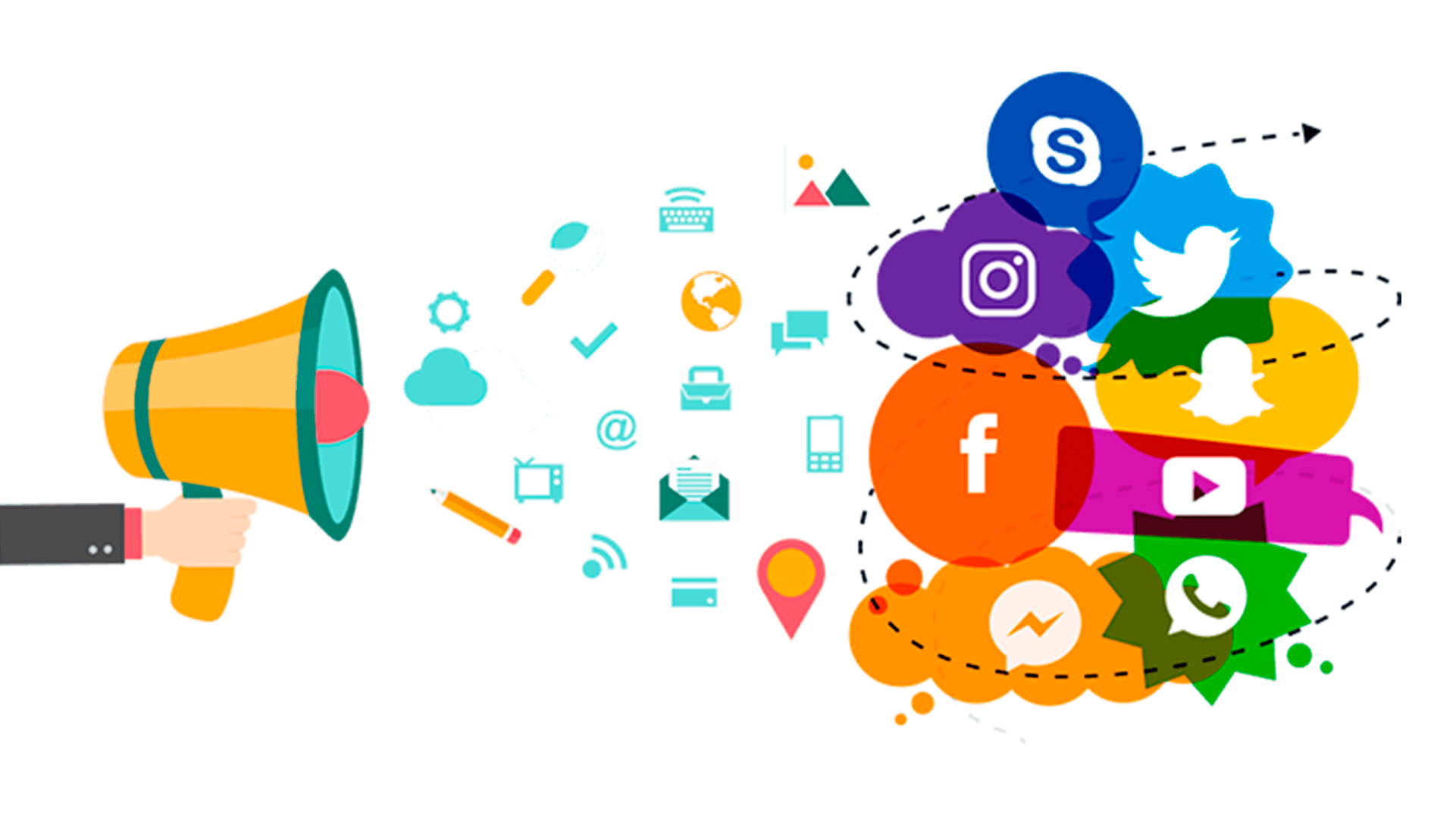Technology has revolutionized the way businesses approach marketing, enabling them to reach wider audiences, engage customers, and drive growth. In this article, tools that are shaping the landscape of business marketing and the benefits they bring. We explore the various online digital marketing tools. Discover how these technologies are transforming marketing strategies and empowering businesses to thrive in the digital age.
Data-Driven Decision Making
Technology has ushered in an era of data-driven decision making in business marketing. Advanced analytics tools enable businesses to gather and analyze vast amounts of data, providing valuable insights into customer behavior, preferences, and market trends. This data empowers businesses to make informed decisions, optimize marketing campaigns, and tailor their strategies to deliver personalized experiences, ultimately driving better results and ROI.
Targeted Advertising and Personalization
Technological advancements have made it possible for businesses to deliver targeted advertising and personalized experiences to their audience. With tools like audience segmentation, businesses can divide their target market into specific groups based on demographics, interests, and behaviors. This allows for highly targeted advertising campaigns that resonate with customers on a personal level, increasing engagement, and improving conversion rates.
Automation and Efficiency
Automation has transformed the efficiency and effectiveness of business marketing. Technology-driven automation tools streamline repetitive tasks such as email marketing, social media posting, and customer relationship management. This not only saves time but also ensures consistency and accuracy across marketing efforts. By automating routine processes, businesses can focus on strategic activities, creativity, and building strong customer relationships, leading to improved productivity and growth.
Enhanced Customer Engagement
Technology has opened up new avenues for businesses to engage with their customers. Being able to write post with professional article writers help streamline your work flow. Through social media, chat bots, and interactive websites, businesses can create meaningful and personalized interactions with their audience. Technology also enables real-time communication and feedback, allowing businesses to respond promptly to customer inquiries, address concerns, and build trust and loyalty. Enhanced customer engagement leads to stronger relationships and increased customer satisfaction, driving business success.
Multichannel Marketing
Technology has facilitated the seamless integration of multiple marketing channels, giving rise to multichannel marketing strategies. Businesses can now deliver consistent messaging and experiences across various platforms, including websites, social media, mobile apps, and physical stores. This cohesive approach ensures that customers receive a unified brand experience, regardless of their preferred touch points. Multichannel marketing enhances brand recognition, customer loyalty, and ultimately, revenue generation.
Improved Marketing ROI
One of the significant benefits of technology in business marketing is the ability to measure and improve the return on investment (ROI). With advanced analytics tools, businesses can track the performance of their marketing campaigns and determine which strategies are delivering the best results. This data-driven approach allows businesses to allocate their marketing budget more effectively, focusing on channels and tactics that generate the highest ROI. By continuously analyzing and optimizing marketing efforts based on real-time data, businesses can maximize their marketing ROI and drive sustainable growth.
Enhanced Customer Insights and Segmentation
Technology enables businesses to gain deep insights into their customer base and segment them more effectively. Through various data collection methods, such as website analytics, social media interactions, and customer surveys, businesses can gather valuable information about their customers’ preferences, behaviors, and demographics. With the help of these AI online tools, your business can succeed. This data can then be used to create detailed customer profiles and tailor marketing campaigns to specific segments. By understanding their customers better and delivering personalized experiences, businesses can forge stronger connections, build brand loyalty, and increase customer lifetime value.
Continuous Adaptation to Changing Trends
In today’s fast-paced digital landscape, marketing trends and consumer preferences can change rapidly. Technology equips businesses with the tools to stay agile and adapt to these evolving trends. Real-time monitoring and analytics enable businesses to track the performance of their marketing campaigns and make data-driven adjustments on the fly. This flexibility allows businesses to capitalize on emerging opportunities, optimize their strategies, and stay ahead of the competition. By leveraging technology to continuously adapt to changing trends, businesses can maintain their relevance, attract new customers, and drive sustainable growth.
Conclusion:
Technology has transformed business marketing, empowering businesses to reach their target audience more effectively and drive growth. Data-driven decision making, targeted advertising, automation, enhanced customer engagement, and multichannel marketing are just a few examples of how technology is revolutionizing the industry. By embracing these technologies, businesses can optimize their marketing strategies, improve customer experiences, and thrive in the dynamic and ever-evolving digital landscape.

